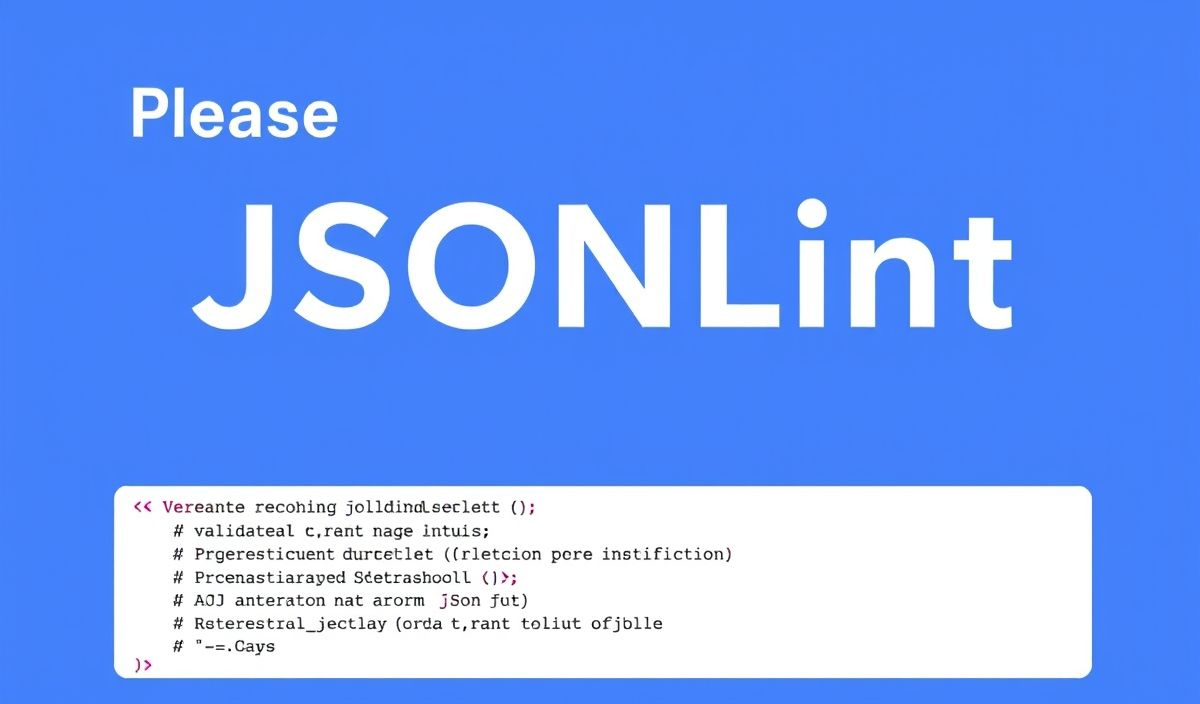Introduction to JSONLint
JSONLint is a powerful JSON validator and formatter. It assists developers in locating and fixing errors in their JSON files.
Essential APIs of JSONLint
Validation API
The validation API checks the validity of your JSON data and helps you locate any errors.
const jsonlint = require("jsonlint");
const jsonData = '{"name": "John", "age": 30}';
try {
jsonlint.parse(jsonData);
console.log("Valid JSON");
} catch (e) {
console.error("Invalid JSON: " + e.message);
}
Formatting API
The formatting API beautifies your JSON data to make it more readable.
const jsonlint = require("jsonlint");
const jsonData = '{"name":"John","age":30}';
try {
const parsedData = jsonlint.parse(jsonData);
const formattedData = JSON.stringify(parsedData, null, 2);
console.log(formattedData);
} catch (e) {
console.error("Invalid JSON: " + e.message);
}
A Complete App Example
Here’s a complete login example using the introduced APIs to validate and format JSON input:
const jsonlint = require("jsonlint");
const userInput = '{"username": "jsmith", "password": "password123"}';
try {
const parsedInput = jsonlint.parse(userInput);
console.log("User Input is Valid JSON");
const formattedInput = JSON.stringify(parsedInput, null, 2);
console.log("Formatted User Input: ");
console.log(formattedInput);
} catch (e) {
console.error("User Input is Invalid JSON: " + e.message);
}
Conclusion
JSONLint is a critical tool for developers to ensure their JSON data is both valid and formatted. Whether you are working on a small project or a large application, JSONLint can save you time and effort by catching errors early in the development process.
Hash: d71791d4e1963bda6639a0a51f62044c9c202f10b26988eded0776b4b65bd96e




